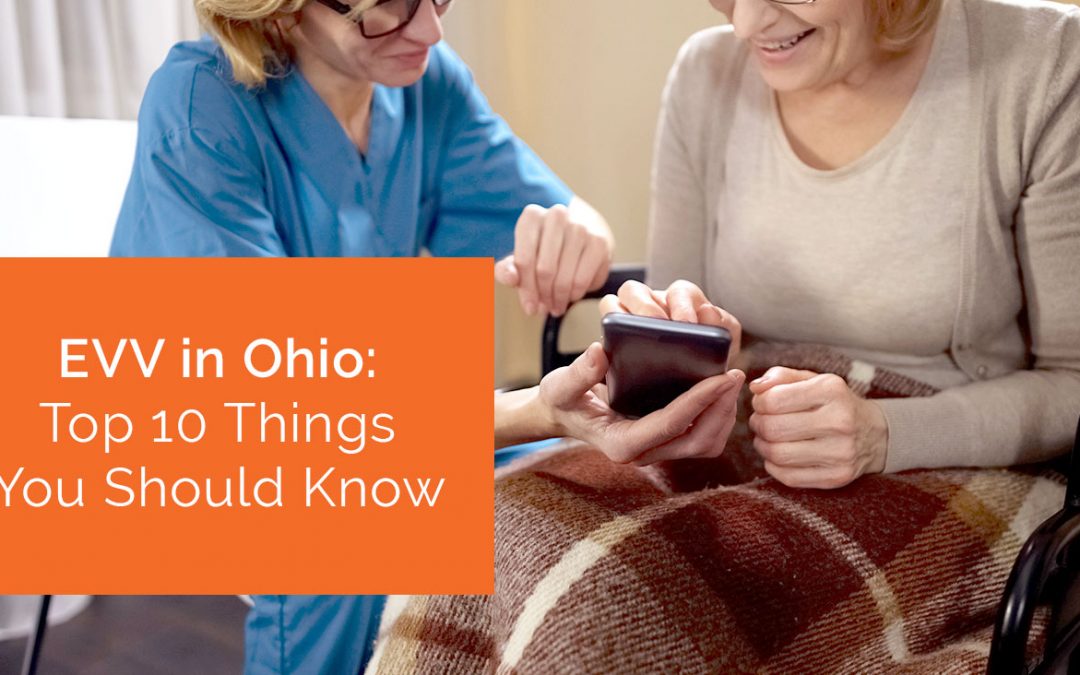For many individuals who need home health services, cost is a determining factor. Private insurance, Medicare, and Medicaid don’t always cover all the services that individuals need, leaving many families scrambling to find a way to help their loved one and pay the bills. Not to mention, in addition to only covering in-home health care in selected instances, Medicare doesn’t cover any costs related to non-medical care, such as home aides. For some families, this creates a significant financial burden (in some cases, costing them thousands of dollars per month) — or means that a family member becomes responsible for all the caregiving, making it difficult or impossible for them to work.
While there are some state and federal assistance programs available to help ease some of the burden of providing home health care, there isn’t always enough help to go around, and not everyone qualifies for assistance. In one state, though, there is an effort underway to change that, and ensure that everyone who needs in-home health care can access it when they need it.
‘Senior Care for All’
The state of Maine might not have a large population (only about 1.3 million people call Maine home), but it has the oldest population in the country. About 18 percent of people in Maine are over age 65, second only to Florida, and the median age of Mainers is 44.2 years old — and that continues to increase.
However, representatives from the Maine People’s Alliance note that despite the number of older and elderly people in the state, there aren’t enough resources to help those who need in-home health care. That’s why the group sought signatures to create the Senior Care for All referendum on the upcoming November 2018 ballot.
The referendum seeks to create a fund that could be used to provide home care for the 30,000 elderly and disabled individuals in the state who need those services in order to remain in their homes, but do not have other resources to pay for them. This includes the more than 1,500 people who are currently on waiting lists for home care for assistance with severe disabilities, as well as an increase in wages for home health care workers and other tools to help in-home health care agencies grow.
The catch? The program will be funded by a 1.9 percent tax on wages and earnings over $127,000, potentially raising about $120 million per year to fund the program. Currently individuals only pay the 1.9 percent Social Security tax on earning up to $127,000, and this referendum would effectively extend that tax to the earnings above that threshold. Proponents of the bill note that the proposal is closing a tax “loophole” for higher-income taxpayers, and that the state has a history of supporting such measures. In 2016, voters approved a referendum to add a 3 percent “surtax” on those earning more than $200,000 per year to fund public education.
That referendum was overturned in the state legislature, though, partly due to the staunch opposition by the Maine Chamber of Commerce and its members. The Maine Chamber is opposed to the Senior Care for All measure as well, noting that the effective tax increase for those earning more than $127,000 will be 3.8 percent for self-employed individuals, who must pay self-employment taxes. Opponents note that the increase in the taxes would be detrimental to businesses and thwart economic growth in a state already struggling to attract new businesses.
Still, the Maine People’s Alliance was able to collect the 61,000 required signatures to get the measure on November’s ballot. It remains to be seen if the effort will pass, but it indicates a marked shift in approaches to in-home health care. And in fact, it’s not the first such effort in the U.S.
Kupuna Caregivers
Last year, Hawai’i lawmakers passed the Kupuna Caregivers Act, making the state the first to offer assistance to those caregivers who are taking care of family members while also working full-time jobs. Under the terms of the bill, qualifying caregivers can receive up to $70 per day to help ease financial stress so they don’t have to quit their jobs to care for their loved ones. Lawmakers initially allocated $600,000 to the program for the first year, without a tax increase to residents. While it’s not quite “universal” home care, the Kupuna program does ease some of the burden for families and marks a shift toward more assistance and understanding for caregivers.
While the Maine proposal has a long way to go before it becomes reality, it does show that many people are thinking about in-home health care and how to improve it and make it accessible to all. Stay tuned for updates on this and other initiatives, and in the meantime, review additional Complia Health software resources to learn about how you can streamline and improve your agency’s services.




